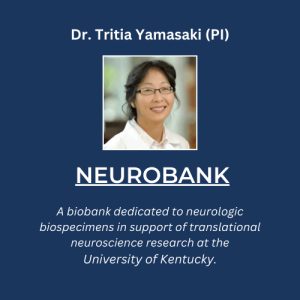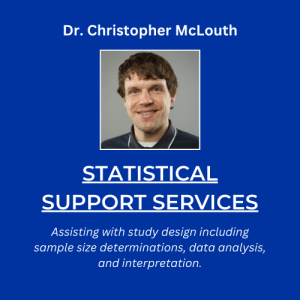Sleep Timing And Rhythms Collaborative

Led by co-directors Sridhar Sunderam, PhD (College of Engineering, Biomedical Engineering) and Marilyn Duncan, PhD (College of Medicine, Neuroscience), STAR is a collaborative group comprised of interdisciplinary researchers investigating sleep and circadian rhythms.
Circadian rhythms are cycles with a period of approximately 24 hours that are generated by endogenous processes within the body. Circadian rhythms are observed in a wide range of physiological, behavioral, and biochemical functions, including sleep, blood pressure, heart rate, glucococorticoid levels, body temperature, and gluconeogenesis, among others. Various environmental and behavioral factors influence the timing and robustness of circadian rhythms.
Sleep is regulated by circadian rhythms, and also by homeostasis, i.e., the duration of prior wakefulness. Sleep is a basic need, similar to the need for food and water. Optimal levels of sleep and stable circadian rhythms are essential for health and performance. Chronic disruption of sleep and/or circadian rhythms increases the risk of diseases including Alzheimer's disease, diabetes, cardiovascular disease, and cancer. Sleep disorders are also characteristic of pathological conditions including epilepsy and Parkinson’s disease. Many researchers at UK are investigating the complex interactions among sleep, circadian rhythms, and health. As their research has progressed, so have their collaborations as evidenced by a recent multi-PI R01 investigating sleep fragmentation and Alzheimer's disease. To continue to foster collaborative research and to support new investigations in this area, STAR seeks to form a cohesive hub for sleep and rhythms researchers at UK. STAR aims to enhance neuroscience research by integrating basic science, engineering, and translational clinical efforts in multiple areas impinging on sleep and circadian rhythms.
STAR Investigators
STAR Investigators:
- Sridhar Sunderam, PhD - Biomedical Engineering, College of Engineering
- Marilyn Duncan, PhD - Neuroscience, College of Medicine
- Ming Gong, PhD - Physiology, College of Medicine
- Daniel Lee, MD - Neurology, College of Medicine
- Zhenheng Guo, PhD - Pharmacology and Nutritional Sciences, College of Medicine
- Bruce O'Hara, PhD - Biology, College of Arts and Sciences
- Michael P. Murphy, PhD - Molecular and Cellular Biochemistry, College of Medicine
- Adam Bachstetter, PhD - Neuroscience, College of Medicine
- Julie Pendergast, PhD - Biology, College of Arts and Sciences
- Josh Morganti, PhD - Neuroscience, College of Medicine
- Eric Blalock, PhD - Pharmacology and Nutritional Sciences, College of Medicine
- Vincent Cassone, PhD - Biology, College of Arts and Sciences
- Lauren Whitehurst, PhD - Psychology, College of Arts and Sciences
- Qingjun Wang, PhD - Opthalmology, College of Medicine
- Kevin Donohue, PhD - Electrical Engineering, College of Engineering
- Sara Pasha, MD - Internal Medicine, College of Medicine
If you're interested in joining STAR, please contact Dr. Sunderam or Dr. Duncan

